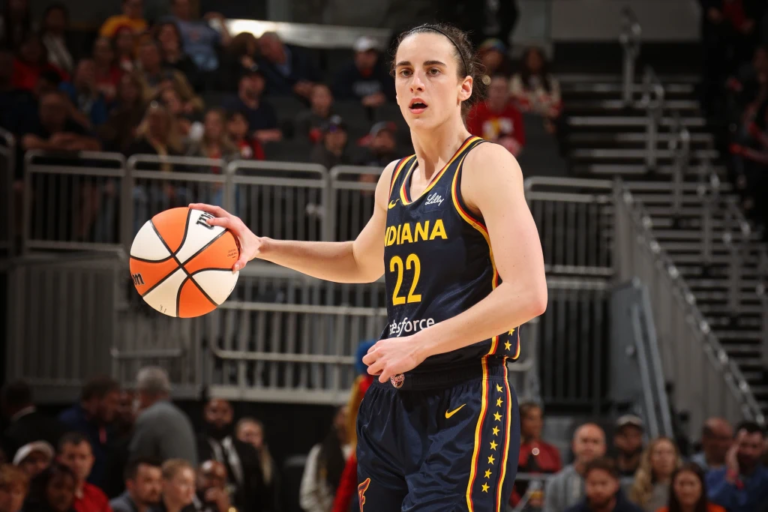
In December 2024, TIME honored Caitlin Clark as its Athlete of the Year, a decision that sparked significant debate across the sports world. Among the critics was Sheila Johnson, Vice Chairwoman of Monumental Sports & Entertainment and Managing Partner of the Washington Mystics. During an appearance on CNN Sports, Johnson questioned the recognition, suggesting that the WNBA has numerous unsung stars who deserve more attention, not just Clark or even fellow rising star Angel Reese. While Johnson didn’t criticize Clark’s individual achievements, she emphasized that the growth of women’s basketball goes far beyond the latest breakout talents.
Johnson’s comments, which highlighted the long history of contributions from WNBA players, pointed to the established stars whose efforts have helped elevate the league to its current standing. However, the timing of her critique raised questions. Given the Mystics’ current struggles—missing the playoffs in 2024, failing to secure an All-Star player, and operating without both a general manager and a head coach—some may feel that the message would carry more weight coming from the ownership of a team with a stronger current presence in the league. Johnson’s position with the Mystics, a team that has faced challenges in recent seasons, made her remarks feel less impactful to some casual sports fans.
Had the same message been delivered by the owners of other top-tier teams, such as the New York Liberty or the Minnesota Lynx, the critique might have resonated more clearly. The Liberty, after all, were the 2024 WNBA champions, while the Lynx were finalists. Their owners, with their teams on the national stage, could have bolstered the argument that the WNBA’s success is built on a broader foundation of talent and not just emerging players like Clark.
Despite this, Johnson’s broader point remains valid: the WNBA’s growth is due to the contributions of numerous players over the years, not just the rising stars. It’s crucial for the league to continue celebrating its long-standing icons, as their contributions laid the groundwork for the success of newer talents. The discussion also reflects the shifting landscape of women’s sports media, where a diverse group of athletes is finally gaining more of the spotlight.
Ultimately, while Johnson’s critique may have been overshadowed by the Mystics’ recent challenges, her message stands as a reminder of the broader context in which players like Caitlin Clark succeed. The WNBA’s legacy is built on the collective efforts of many, and recognizing that history is essential as the league continues to evolve.



